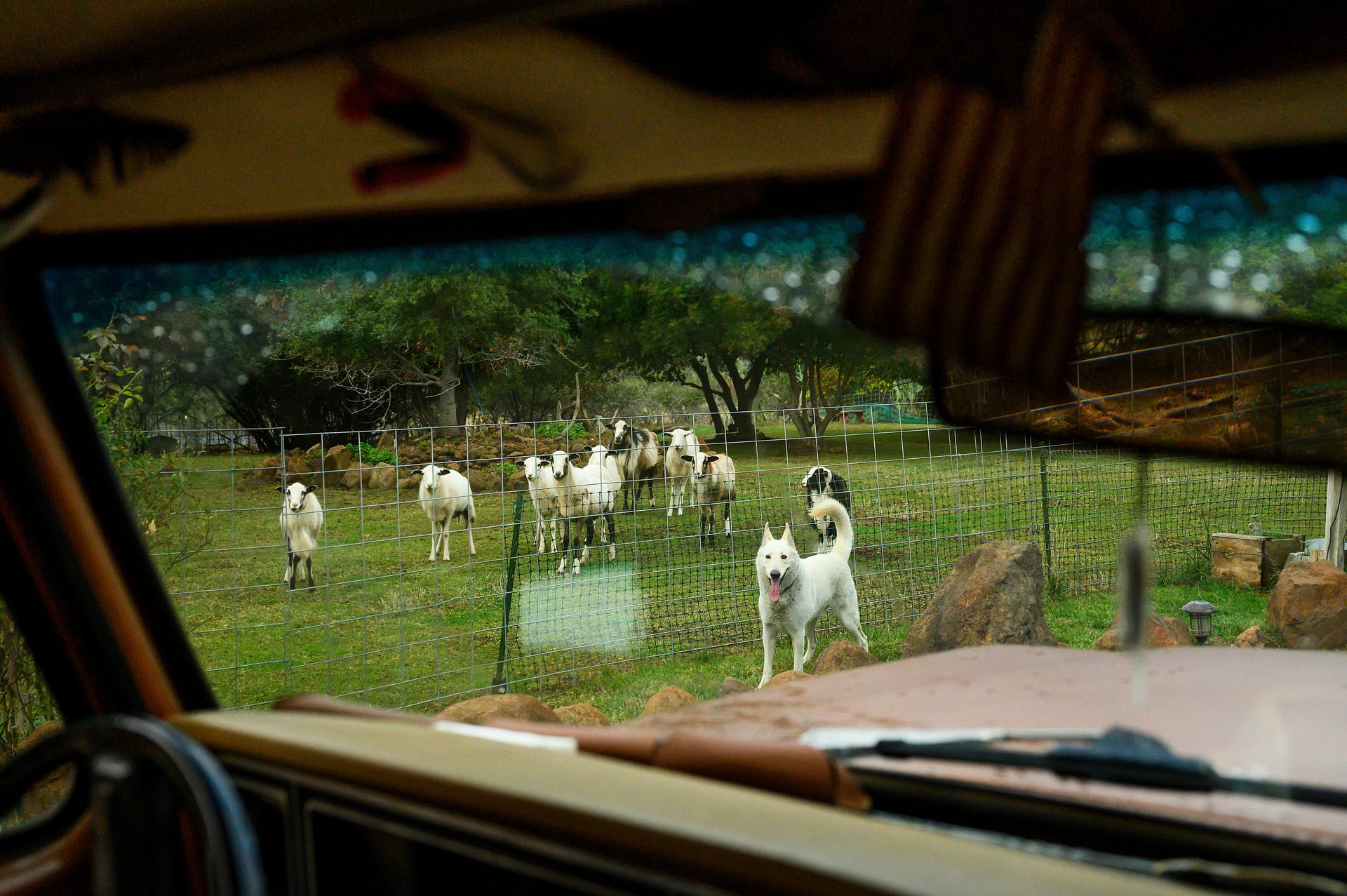5 years after California's deadliest wildfire, survivors forge different paths toward recovery
Paradise is still recovering five years after a wildfire destroyed most of the northern California town

PARADISE, Calif. (AP) — On the day Paradise burned, Gwen Nordgren stopped her car just long enough to rescue a young woman escaping by foot.
Suggested Reading
By that time on Nov. 8, 2018, the sky was black even though the sun had been up for hours. Both sides of the street were on fire as Nordgren grabbed the woman’s hand.
Related Content
“Have you lived a good life?” she asked. The woman said she had.
“So have I,” said Nordgren, the president of the Paradise Lutheran Church council. “We’re going to say the Our Father and we’re going to drive like hell.”
Nordgren has told that story countless times in the five years since the deadliest and most destructive wildfire in California’s history nearly erased a quiet community in the Sierra Nevada foothills. There are thousands more stories like it, each one providing a new frame for one of the worst wildfires in U.S. history.
Five years later, some — like Nordgren — are sharing their stories freely and managing their post-traumatic stress enough to return to Paradise to help make something new. Others, like Shari Bernacette, are still haunted by their memories — including witnessing the flames consume a couple fleeing, one pushing the other in a wheelchair.
“We still can’t sleep well. We toss and turn all night,” said Bernacette, who moved with her husband to Yuma, Arizona, to escape the risk of future wildfires. The couple lives in a used RV purchased with their insurance money. “We will never live amongst the trees again.”
Today, Paradise has a population of just under 10,000, or less than half of the 26,000 people who lived there before the blaze. The Camp Fire destroyed about 11,000 homes, which amounted to about 90% of the town’s structures. So far 2,500 homes have been rebuilt.
Paradise Mayor Greg Bolin says that by 2025 all of the town’s overhead power lines will be buried underground. By 2026, he says all public roads will be repaved.
“I can see what it’s going to look like. I know how nice it is going to be when it’s done,” said Bolin, who also owns Trilogy Construction Inc., one of the town’s main construction companies.
Wildfires have always been a part of life in California, but they are getting more severe as climate change has caused hotter, drier summers. Seven of the state’s top 10 most destructive fires happened in the past decade. Before the Camp Fire killed 85 people, the state’s deadliest was a 1933 blaze that killed 29.
But the Camp Fire, the official name of the Paradise fire, marked a turning point.
Now, utility companies routinely shut off power for millions of people during wind storms in an effort to prevent fires from starting. Major property insurance companies have sharply raised homeowners’ rates, dropped coverage for many in wildfire-prone areas, or simply stopped writing new policies altogether. Pacific Gas & Electric pleaded guilty to 84 counts of manslaughter, filed for bankruptcy and announced plans to bury 10,000 miles (16,093 kilometers) of power lines. The town has installed warning sirens and is working to create more evacuation routes.
Just when it seemed safe to think that what happened in Paradise was a once-in-a-lifetime fire, it happened again thousands of miles away in Maui, Hawaii. April Kelly, who grew up in Paradise and lived in Maui for 16 years, lost both of her hometowns.
“I can’t believe I’m going through this a second time,” she said.
Many people haven't returned to Paradise, either due to fear of another wildfire or for financial reasons. Donna Hooton and her husband lived in one of the mobile home parks destroyed by the fire. The Hootons live off of Social Security and said they can’t afford to move back to Paradise. They now live an hour away, in a small, decades-old mobile home.
“We wish we could go home but home is not there anymore,” Hooton said.
That means if the town is to grow, it needs new people. But newcomers face a daunting question: How do you assimilate into a community defined by a shared tragedy?
Adam Thompson, who moved to the Paradise area in 2021, said his family was quickly accepted. His kids are enrolled in school. They play Little League baseball and perform in the theater.
“There’s a humility and a resilience here that I don’t think would be in a town like this had they not gone through the fire,” he said.
Before the fire, Paradise was viewed as a retirement community. But that’s changing. The Paradise Little League has had so much interest it’s warned parents that kids may be turned away next year.
The town’s rebirth has amazed Don Criswell, a Paradise native who moved back to the area in 1998. Wildfires burned his property in 2008 and again in 2018. Both times he stayed to fight the fires himself.
The Paradise of his memory has been erased. Personal landmarks — the house he grew up in, his elementary school — are gone. Most of his childhood friends and neighbors have since moved away.
But he hasn’t gone anywhere. Instead, he has planted trees and a garden. He donates vegetables to a free community lunch put on by his church. He even plays the piano for people who come to eat.
“I’m so sorry that it (the fire) happened. There’s nothing I can do about that,” he said. “I can try to make it a good, fun and beautiful place to live again. I think we’re doing that.”
____
Rodriguez reported from San Francisco.